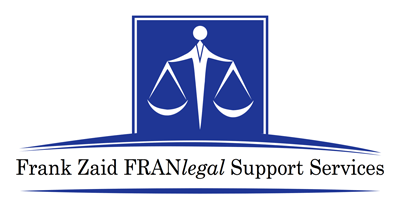
_________________________________________________________________________________________________________________________________________________
Franchising is a complex contractual relationship between independent parties of uneven bargaining power: a franchisor and a franchisee. Both parties put their trust in each other to provide mutual economic benefit and to grow their businesses. However, misunderstandings can arise and disputes can result.
Failure to comply with provincial franchise legislation can result in serious consequences to a franchisor: an action for misrepresentation and rescission for failure to deliver a disclosure document; an action for damages for a breach of the duty of fair dealing; an action for damages for failure to allow franchisees to associate; and preserved common law remedies for contractual breach of the duty of fair dealing, negligence, misrepresentation and fraud.
__________________________________________________________________________________________________________________________________________________
In addition, a significant number of large class actions have been launched on behalf of past and present groups of franchisees. The use of social media has increased publicity, resulting in awareness of franchise lawsuits.
Franchise disputes can have a devastating effect on both franchisees and franchisors. Litigation is expensive, time consuming, disruptive, unpredictable, fraught with delays, and has a negative effect on suppliers and consumers. Franchise trade associations, franchise disclosure legislation, and provincial court rules mandate disclosure of franchise cases and the use of alternate dispute resolution mechanisms as a means of resolving disputes prior to trial.
The two most commonly used methods of dispute resolution in franchise cases are mediation and arbitration, or a combination of both.
Mediation is a relatively simple procedure that is mandated in a franchise agreement or another ancillary document, and is often a pre-condition to the commencement of litigation or arbitration. The parties can always agree to mediation at any time in the course of their relationship, before or after litigation is commenced.
Mediation has proven to result in a high success rate of resolving disputes and negotiated solutions. It is non-binding, confidential, and can preserve the franchise relationship even while the parties are in dispute.
__________________________________________________________________________________________________________________________________________________
The key to a successful mediation is for the parties to select a mediator with franchise experience and understanding, and the knowledge and ability to assist the parties in crafting a resolution that is mutually acceptable.
__________________________________________________________________________________________________________________________________________________
There are very few trained mediators in Canada who possess the ideal qualities, knowledge and experience to assist the parties in resolving franchise disputes through mediation. The parties will usually want the mediator to act in a facilitative manner by assisting the parties to understand the case and hopefully to achieve a settlement, but sometimes they may also want the mediator to act in an evaluative manner by giving the parties the mediator’s opinion on how an issue in the case will likely be decided if it proceeds to trial. A thorough understanding of the franchise relationship and the effect of the resolution on the franchise system is almost a pre-requisite to achieving success. The mediator needs to understand franchise legislation and common law decisions to operate at maximum utility.
Through his alternate dispute resolution training, diverse experience, knowledge and proven ability as a franchise lawyer and mediator, Frank possesses the ideal background to analyze the issues, understand the goals of the parties, and highlight the options in mediating franchise disputes and has achieved a high success rate in assisting the parties in resolving their disputes in a structured, confidential and fair manner.
